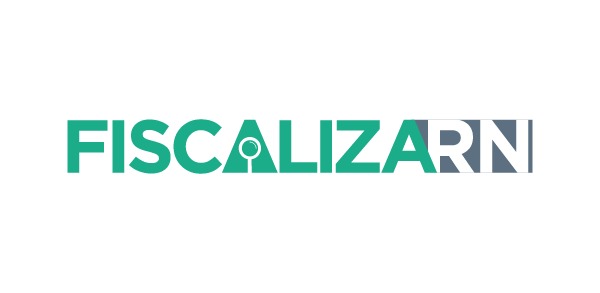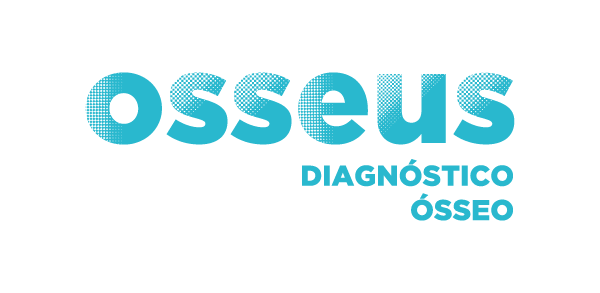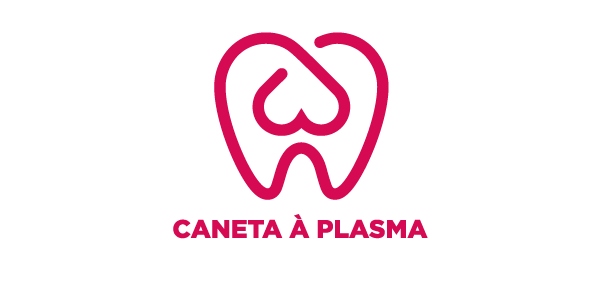Telehealth Brazil Networks is an initiative implemented nationwide by the Ministry of Health and is a teleconsulting project that enables access to referenced opinion provided by specialists, sustained by four main pillars: tele-education, teleconsulting, telediagnosis and formative second opinion. Although teleregulation is not a specific pillar of the project, it is also fundamental, since it enables patients to access health services more quickly by improving the regulation process.
Among the project’s objectives are to strengthen and expand the Permanent Education in Health offers for SUS professionals and workers, to expand and improve the coverage of health services, and also to rationalize investments and improve SUS efficiency, with a focus on Primary Health Care.
The main solutions already developed were the teleconsulting platform, which makes it possible to access health specialties via video calls or text messages with attached files, and the teleconsulting platform, for conducting consultations with a multidisciplinary team via video calls. So far, 22,755 teleconsultations have already been carried out, enabling the resolution of doubts of professionals at the service’s tip, or the telescheduling of colonoscopy exams.
In terms of tele-consultations, 2,790 have already been carried out, in the areas of physiotherapy, neurology, speech therapy, and social assistance, in multidisciplinary consultations for patients with Amyotrophic Lateral Sclerosis (ALS). Overall, the platform has 7,338 registered users and 36,340 registered accesses.
It acts systematically in the process of regulating colonoscopy exams, having already regulated more than 2,300 exams in the municipality of Natal/RN as a result of the project's partnership with the municipality.
It reaches a captive audience, and has already offered more than 280 webinars in the areas of nutrition, physiotherapy, speech therapy, dentistry, and other health areas.
These are an important part of the project, since their objective is to help health professionals to clarify doubts about treatment procedures, care, work processes, and activities related to the professional's daily work.

Oversight of procurement and contracting of resources for Covid-19.

A non-invasive method used to diagnose diseases of osteometabolic origin.

Idealizar e desenvolver uma Caneta à Plasma para remoção de cáries dentárias.